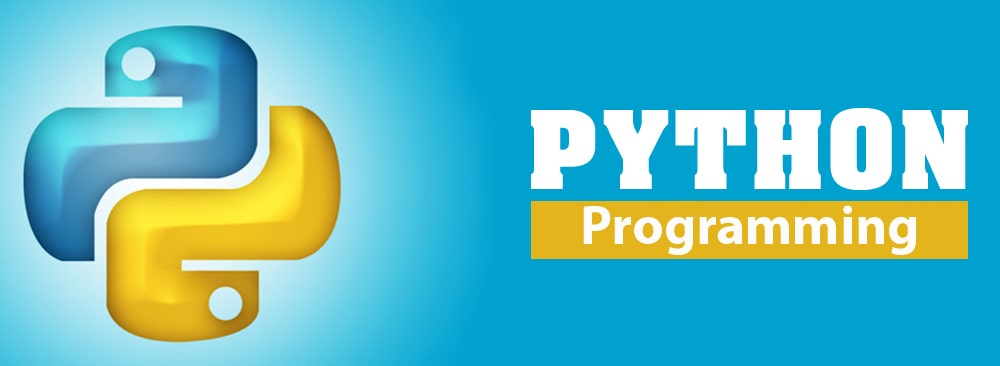
Best Python Training Institute in Gwalior
Python is the programming language which is the most preferred option for having high-performance computing. It is the most simple and easiest programming language with straightforward syntax. Affy Informatics offers the Python Training in Gwalior which provides opportunities for getting jobs. The highly proficient trainers at the Institute deliver proper training classes for Python course which assists the students in this arena and they are able to achieve a successful position in IT industry.
Affy Informatics is the most reputed Python Institute in Gwalior that has mainly designed to give your career a strong boost in trending technology.
Python Training Syllabus
- Python Overview
-
- What is Python?
- History of Python
- Features of Python
- Versions of Python
- The Python Environment
-
- Installation of Python
- Python Documentation
- Getting Help
- Python Editors and Ides
- Basic Syntax
- Running a Python Script
- Python Scripts on UNIX/Windows
- Getting Started
-
- Keywords
- Data Types
- Variables
- Naming Conventions
- Print( )
- Type( )
- Id( ) Functions
- Input( )
- Raw_input() functions
- Conversion functions
- Del Keyword
- String Handling
-
- What is String?
- Single-quoted string literals
- Triple-quoted string literals
- String Indexing
- String Slicing
- Working with String Methods
- Working with String Functions
- Operators
-
- Arithmetic Operators
- Relational Operators
- Logical Operators
- Assignment Operators
- Short Hand Assignment Operators
- Bitwise Operators
- Membership Operators
- Identity Operators
- Flow Control
-
- About Flow Control
- Conditional Statements (Simple if, if…else, if…elif…)
- Looping Statements (while loop, while … else, for loop, infinite loop, nested loops)
- Break
- Continue
- Pass
- Destructors
- Sequences
-
- About Sequences
- Lists
- Functions for all sequences
- Operators and keywords for sequences
- The xrange( ) function
- Nested sequences
- List comprehensions
- Tuples
- Indexing and Slicing
- Iterating through a sequence
- Dictionaries and Sets
-
- About Dictionaries
- When to use dictionaries
- Creating Dictionaries
- Getting dictionary values
- Iterating through a dictionary
- Reading file data into a dictionary
- counting with dictionaries
- about sets
- Creating sets
- working with sets
- Working with Directories
- Functions
-
- Defining a function
- Calling a function
- Function Parameters
- Returning Values
- Variables scope
- Call by value
- Call by reference
- Passing collections to a function
- Passing functions to function
- Lamda function
- Modules
-
- What is a module?
- Creating user defined module
- Setting path
- Module search path
- From … Import
- Module Aliases
- Dir function
- Working with Standard modules(Math, Random, Date and time,Os and sys, String,….)
- Errors and Exception Handling
-
- Syntax Errors
- What is Exception?
- Need of Exception handling
- Predefined Exceptions
- Predefined Exceptions Hierarchy
- Except
- try
- finally clause
- Handling Multiple Exceptions
- User defined Exceptions
- Raise
- assert statements
- File Handling
-
- Opening a file
- Closing a file
- Reading a data from files
- Tell()
- Seek() functions
- OOPs concepts
-
- About OO programming
- Defining Classes
- Creating object
- Class methods and data
- Static methods
- Private methods
- Constructors
- Destructors
- Inheritance
- Types of inheritances
- Polymorphism (over loading & over riding)
- Data hiding
- Regular Expressions
-
- What is regular expression?
- Wild card characters
- Forming regular expressions
- Character classes
- Quantifiers
- Greedy matches
- Grouping
- Match
- Search functions
- matching v/s searching
- Sub function splitting a string
- Replacing text
- Flags
- Multi Threading
-
- Defining a thread
- starting a thread
- Threading module
- Threads synchronization
- multithreaded priority queue
- Database Access
-
- Basics of database
- Connections
- Executing queries
- Transaction management
- Advanced concepts in python
-
- Iterators
- Generators
- decorators
